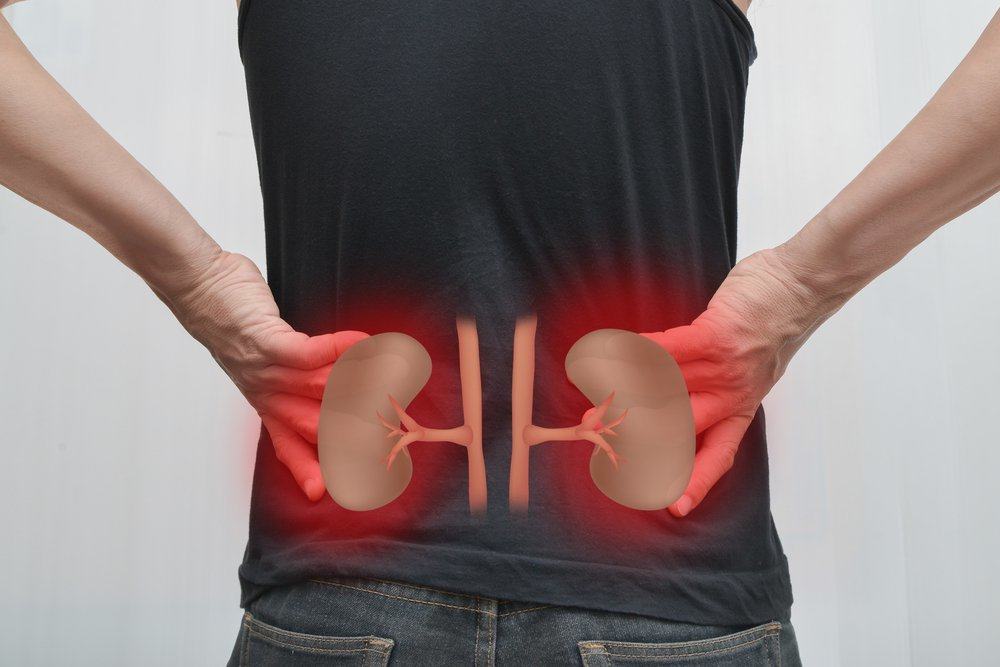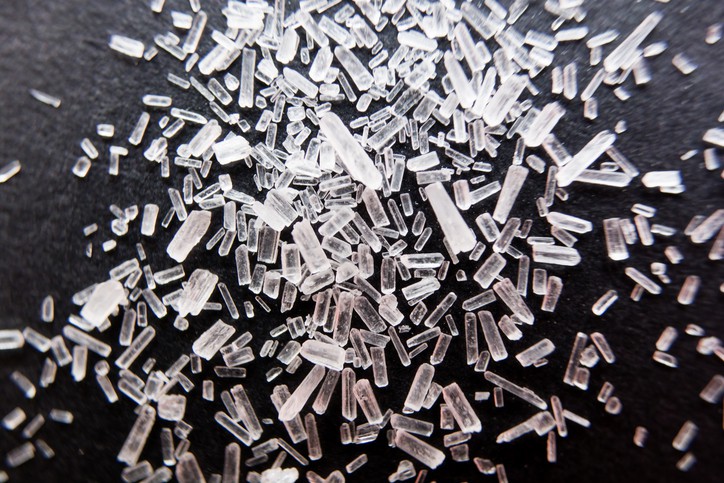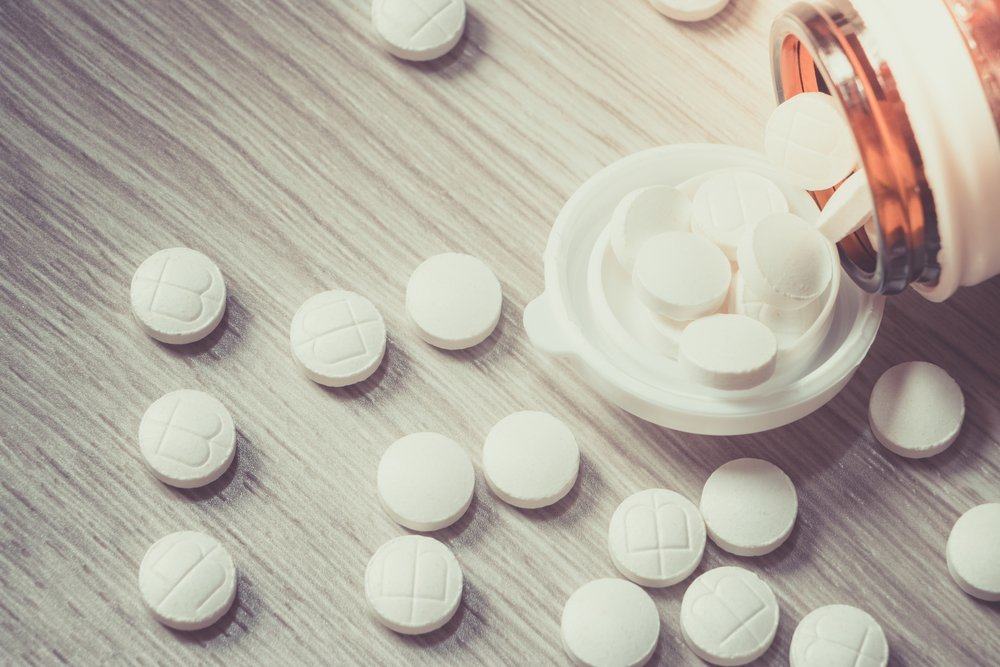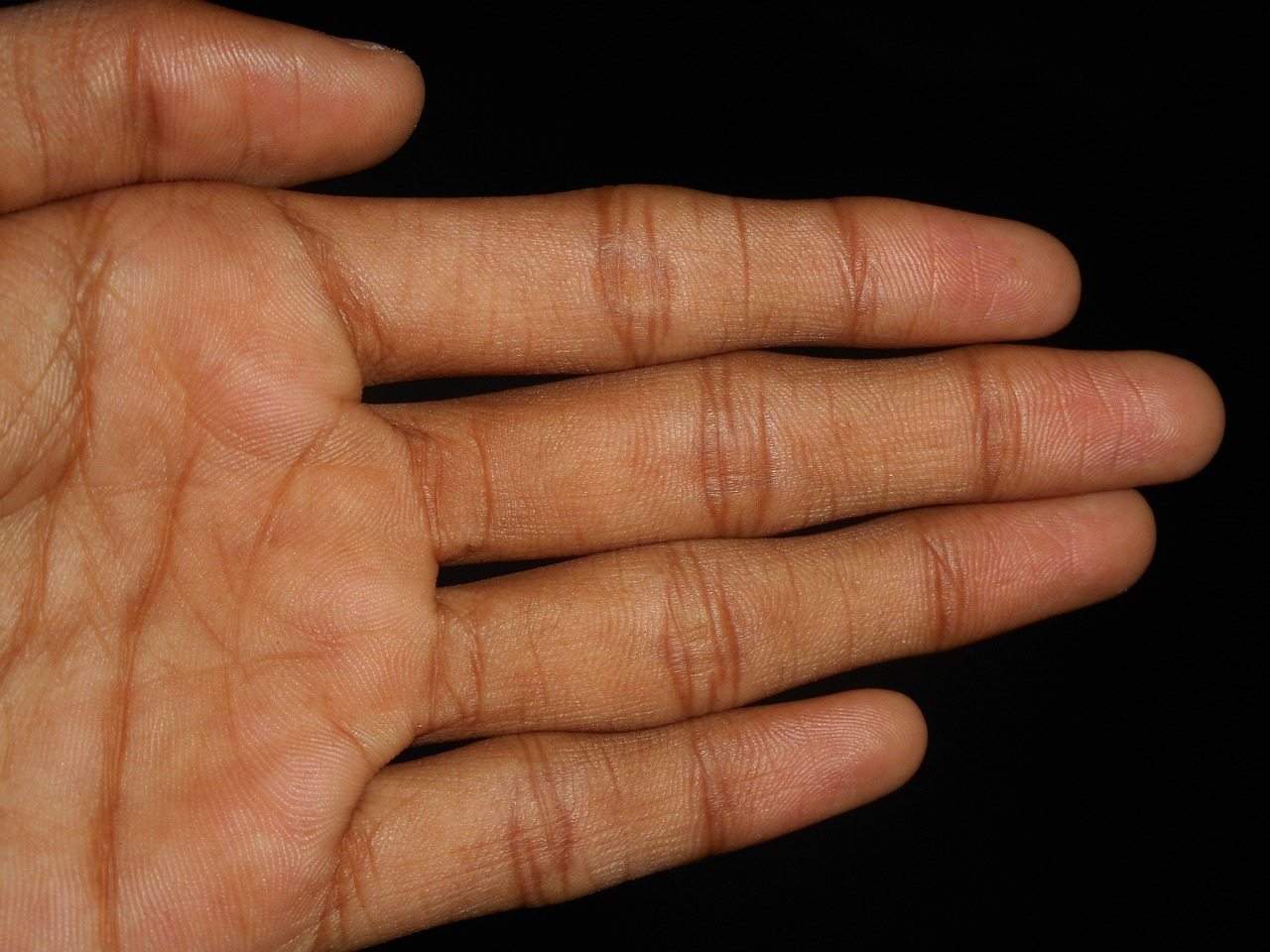Contents:
- Medical Video: Chronic Kidney Disease: Protein Intake
- What is the function of protein?
- What happens if people with kidney disease consume a lot of protein?
- How do you consume protein that is safe if you have kidney disease?
- What are the limits of protein intake for patients with kidney function disorders?
Medical Video: Chronic Kidney Disease: Protein Intake
The kidneys are organs of the body that are in charge of filtering out impurities and substances that are not used anymore by the body, whether they are toxic or not, from the blood to then be released through urine. If there is a disruption in a person's kidney function, he turns out to have to limit the intake of one source of nutrients, namely, protein. Why?
What is the function of protein?
Protein is a macro nutrient that has a complex organic form consisting of hundreds of essential amino acids and non-essential ammonia acids. Humans need at least 9 kinds of essential amino acids that are used for functional bodies. Protein intake that is in accordance with needs is important for the normal growth process and the formation of antibodies, hormones, enzymes, and several other tissues. Non-essential amino acids in food sources of protein are needed to form the body's essential amino acids.
There are two types of proteins, namely animal and vegetable sources. Examples of vegetable protein are sources of protein derived from plants such as soybeans, tofu, tempeh, soy sauce, kidney beans, and other nuts. While sources of animal protein can be obtained from beef, chicken eggs, various types of poultry, and various types of dairy products.
What happens if people with kidney disease consume a lot of protein?
A study says that too much protein intake will affect kidney function and hormone levels associated with kidney function. This of course can aggravate the condition of patients with kidney disease. A study conducted by researchers from the University of Granada, Spain, proved that a high-protein diet can increase the risk of kidney stones and various other kidney diseases in mice. This is supported by research conducted by Brenner et al in the 1980s stated that a low-protein diet applied to patients with impaired kidney function could slow the incidence of kidney failure. At that time, the implementation of a low-protein diet was able to reduce the number of kidney failure and patients who had to undergo dialysis as much as 32%.
The protein consumed, will be digested and broken down into amino acids by the body using the help of enzymes. Protein digestion starts from the stomach then intestines. Amino acids that are digested by the body will be carried by the bloodstream and distributed to various bodies in need. The body needs different amounts of amino acids, depending on the type of amino acid. Proteins that have been digested, will be processed by the kidneys and discarded if no longer needed. Substance discharges from the digestion of proteins released by the kidneys is urea in the urine. The more protein that must be digested by the body, the more amino acids filtered by the kidneys and the kidneys to work harder.
How do you consume protein that is safe if you have kidney disease?
For patients with kidney function disorders, such as kidney stones and kidney failure, consuming protein can cause kidney conditions to get worse. This does not mean that patients with kidney function should not consume protein at all. Protein is still a substance that is needed to repair damaged tissue and help the formation of the immune system. So, what must be done is to limit the intake of proteins that enter the body to reduce the workload of the kidneys.
Limiting protein intake also can not be arbitrary, the protein consumed must remain in accordance with the needs, but selected types of proteins that can be eaten. It was mentioned earlier that proteins have biological values. The higher the biological value of the food source of protein, the more efficient use and digestion in the body. In addition, food sources of protein that have a high biological value will produce 'waste' or 'garbage' which results in less digestion compared to low biological value proteins. From the results of a study, it was also known that when the kidneys secrete 1 g of urea (urine content), the body needs 40 to 60 ml of water. While when protein intake increases, the water requirements in the body used to excrete urea also increase. This is thought to damage the work of the kidneys.
What are the limits of protein intake for patients with kidney function disorders?
Healthy people need at least 0.8 grams to 1 gram per kg of body weight. But for people suffering from kidney disease, they must reduce their protein intake to 0.6 gr per kg of body per day. The protein consumed is also better> 60% of which comes from animal protein which has high biological values, such as chicken eggs, beef, chicken, fish, and milk. Even eggs are called the perfect source of protein because they have the same amino acid content as the amino acids in the body. If you are experiencing impaired kidney function, then you should consult a nutritionist to set a diet and diet menu that you must eat.
READ ALSO
- Do You Really Know Your Kidney?
- Effects of Kidney Failure on Your Lifestyle
- 3 Types of Foods That Can Cause Kidney Stones












